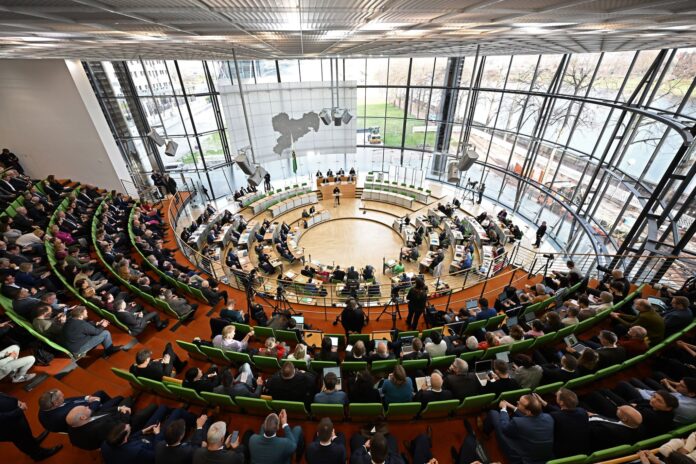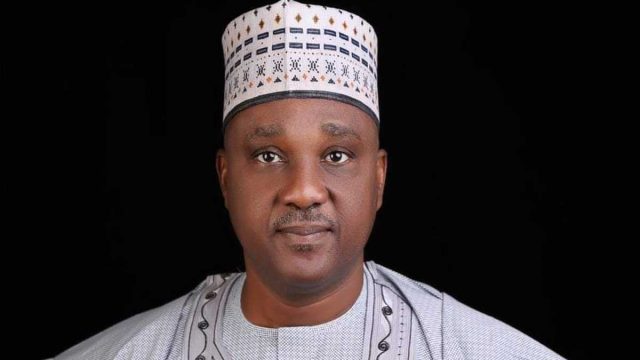By Jörg Schurig, dpa
Lawmakers in the eastern German state of Saxony’s parliament on Wednesday re-elected state Premier Michael Kretschmer to another term in office.
Kretschmer, a centre-right Christian Democrat (CDU), is seeking to form a minority government with the centre-left Social Democrats (SPD). Together, the two parties are one seat shy of a majority in Saxony’s state parliament.
It took two rounds of voting on Wednesday for Kretschmer to prevail. He faced two right-wing challengers, Jörg Urban of the far-right Alternative for Germany (AfD) and Matthias Berger of the Free Voters of Saxony.
The vote was held by secret ballot, with all 120 members of parliament present at the state capital in Dresden. An absolute majority was required on the first ballot, but Kretschmer prevailed on the second ballot, which required only a bare majority, or plurality.
Kretschmer said that he would like to work together across party lines in a short speech.
“We can overcome many challenges if we stick together,” he said. “We have some tough years ahead of us.”
Kretschmer ended his remarks with the traditional miners’ greeting of “Glückauf!”
The hard-left The Left party had previously announced that they would support Kretschmer in the vote, while the Greens and the AfD both opposed him. The insurgent populist Sahra Wagenknecht Alliance (BSW) left the decision up to individual lawmakers.
Kretschmer has led months-long coalition talks in Saxony after elections in September resulted in a fractured state parliament split among opposed factions. Losses by the Greens meant that Kretschmer’s previously three-party coalition with the SPD and Greens was left short of a majority.
Talks to form a three-party coalition with the BSW failed, and the CDU categorically ruled out considering a formal alliance with the hard-left The Left or the hard-right AfD.
His CDU was the strongest party with 41 seats, but the far-right AfD finished close behind and claimed 40 seats.
The AfD is seen by other parties as beyond the bounds of respectable politics, and has been frozen out of coalition talks across Germany by every other party.
The BSW achieved 15 seats, the SPD took 10 seats, the Greens seven seats and the Left six seats. Berger, meanwhile, is the only member of the Free Voters to hold a seat.




